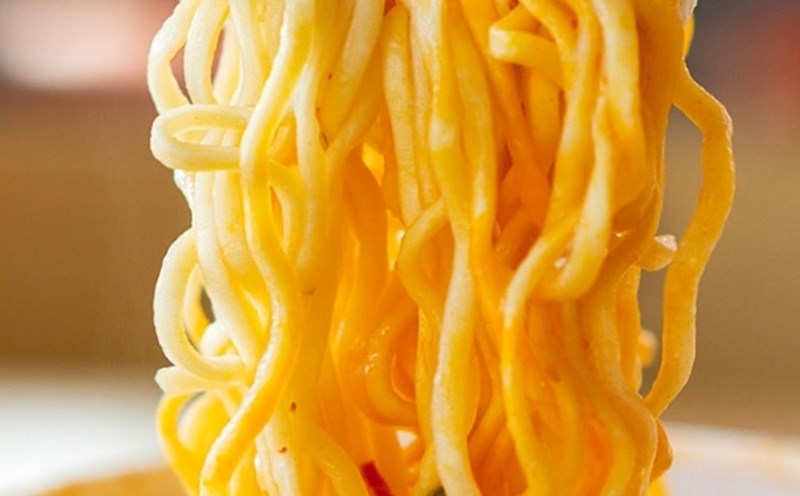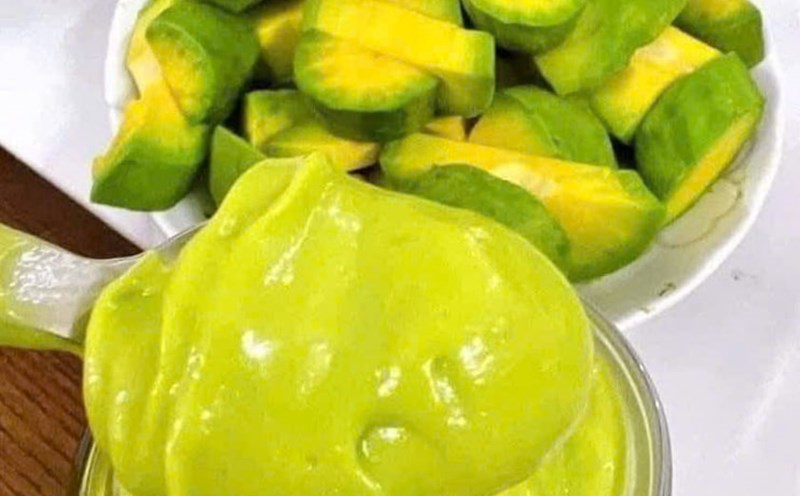However, eating cakes properly and in moderation can completely reduce the risk of kidney damage.
A diet rich in refined sugar and saturated fat can increase the risk of developing type 2 diabetes and high blood pressure two leading causes of chronic kidney failure.
Therefore, experts recommend limiting added sugar intake to less than 10% of total daily energy, equivalent to about 50g of sugar for healthy adults. This means that you should only eat a small portion of the cake (less than 100g) at a time and not eat it too often.
Foods that can be combined to avoid harming the kidneys
In addition, the World Health Organization also pointed out that consuming a lot of processed foods - including industrial cakes - increases the amount of sodium and phosphorus, which is harmful to the filtering function of the kidneys over time.
To minimize this risk, the World Health Organization recommends making cakes at home to control ingredients such as using less sugar, replacing saturated fat with unsaturated vegetable oil (such as canola oil or olive oil) and avoiding additives containing phosphate.
Research also shows that when eating cakes combined with fiber and protein (such as fresh fruits, unsweetened yogurt), the absorption rate of sugar into the blood is significantly reduced, thereby reducing the burden of sugar filtering for the kidneys.
To eat cakes without affecting kidney health, you need to pay attention to the amount, frequency and nutritional composition; prioritize self-made cakes with less sugar, less fat and eat them with healthy foods to protect the kidneys in the long term.











